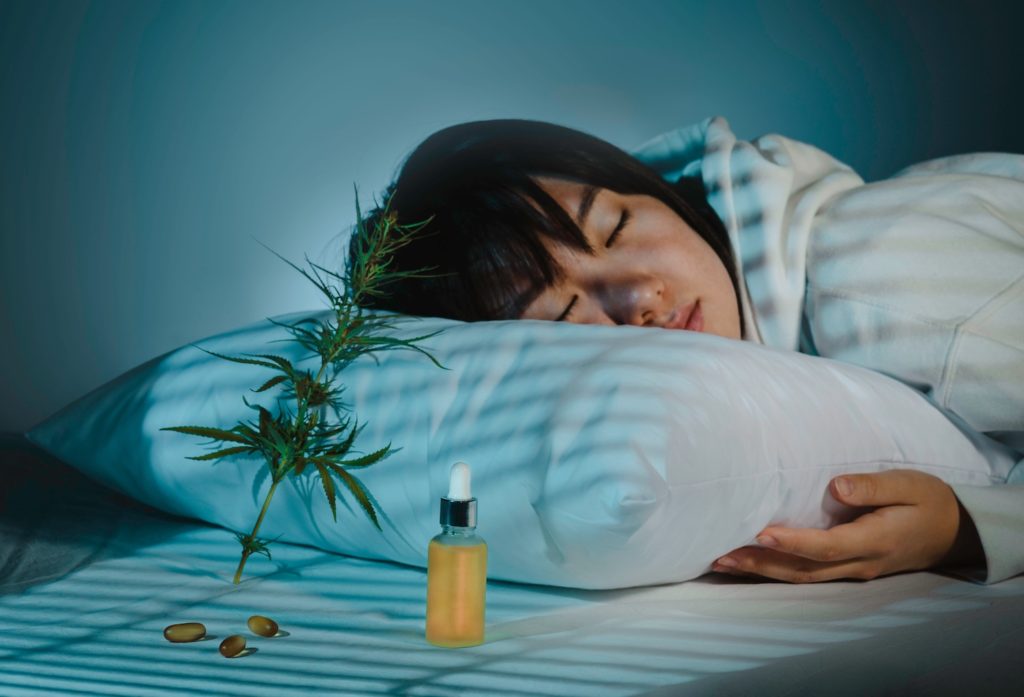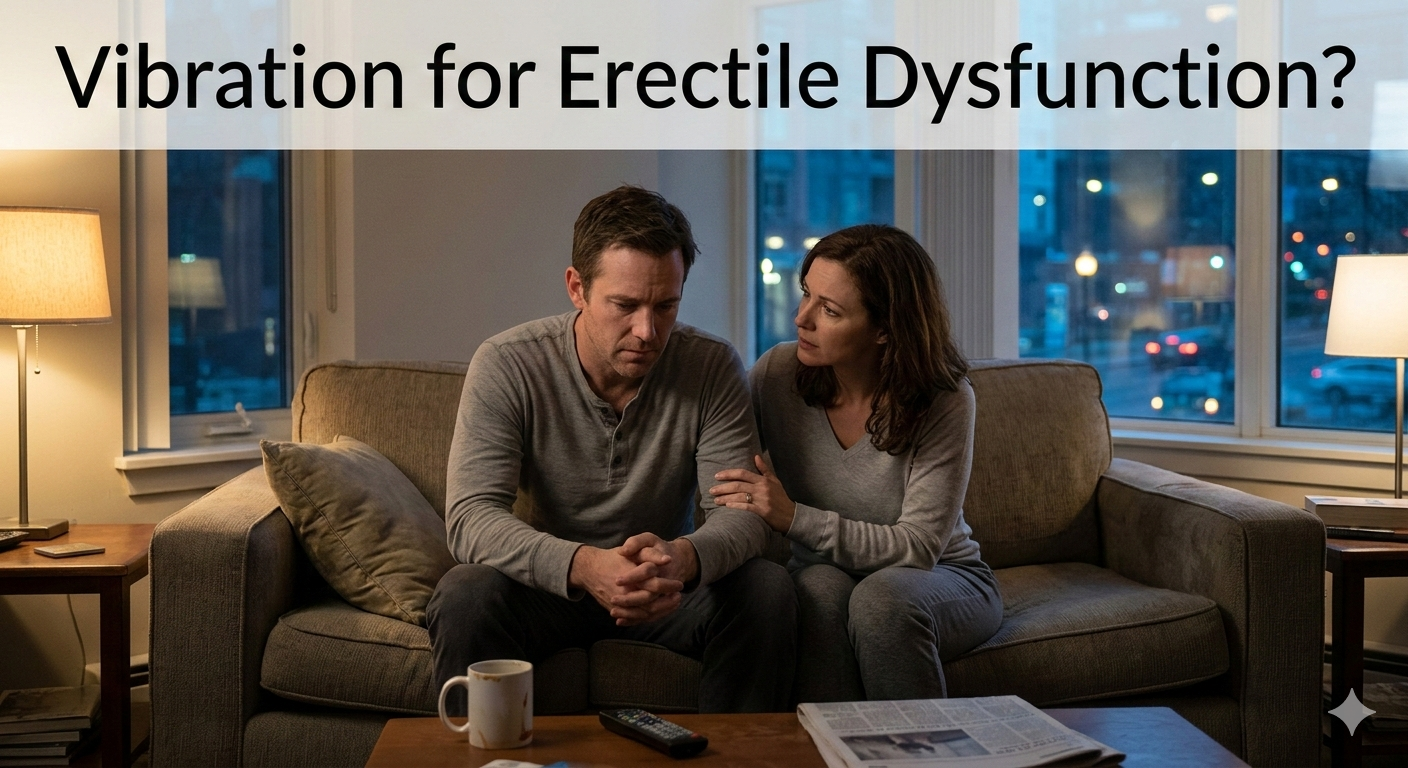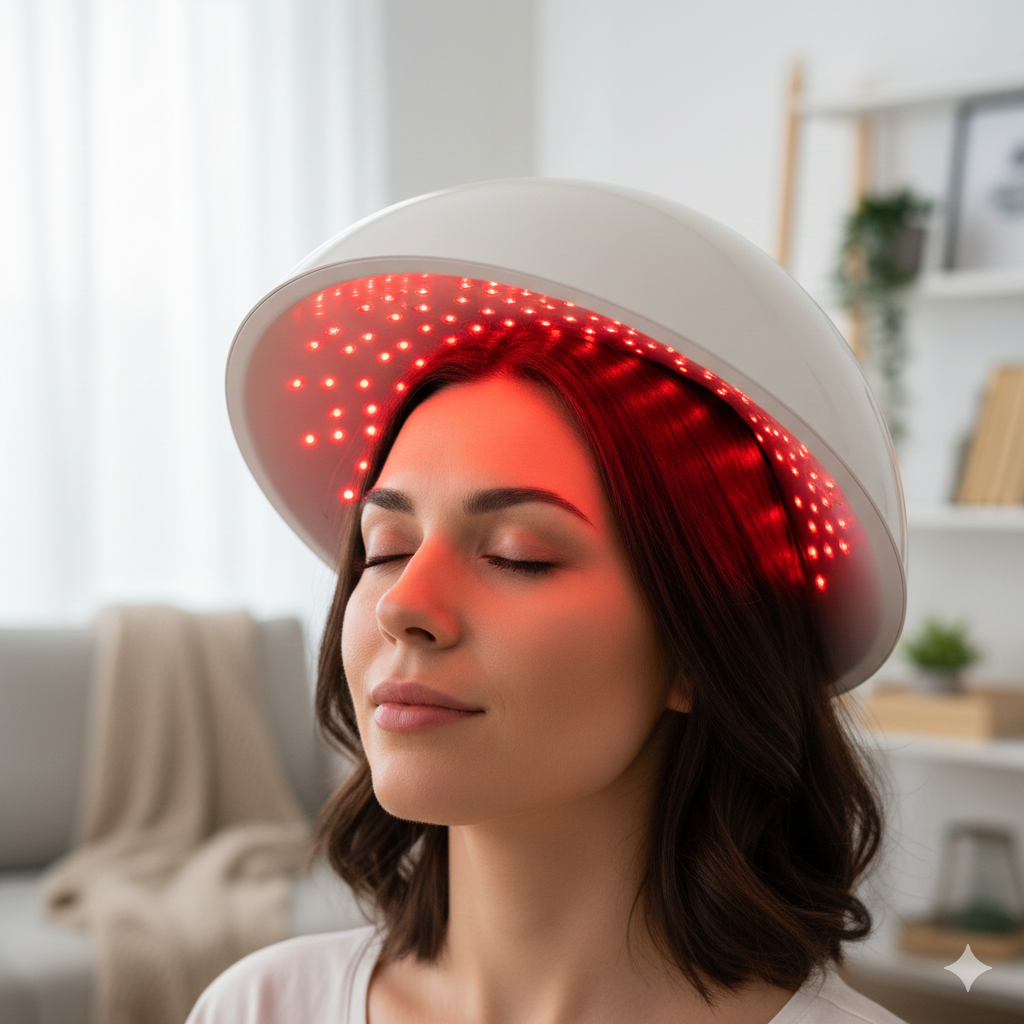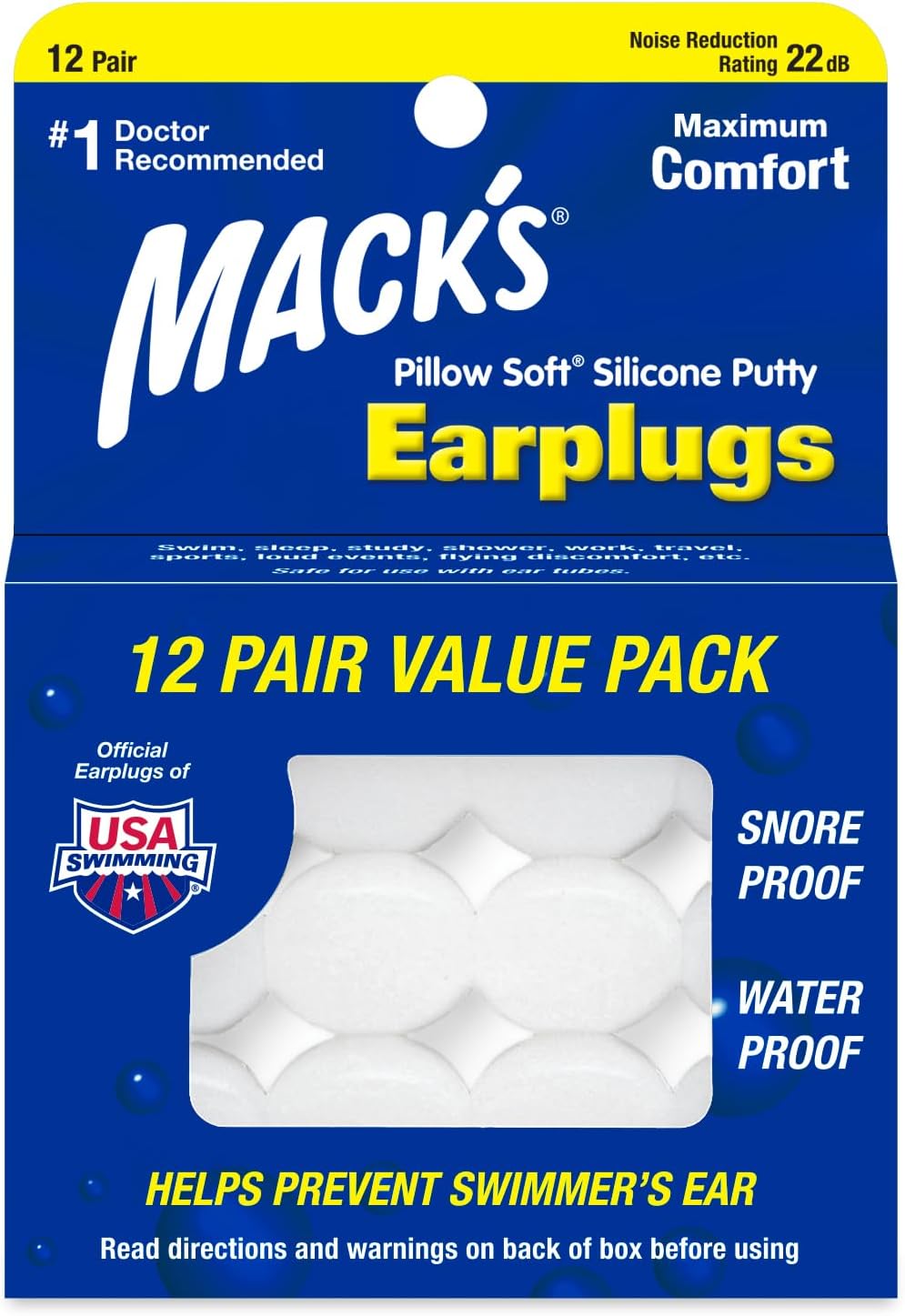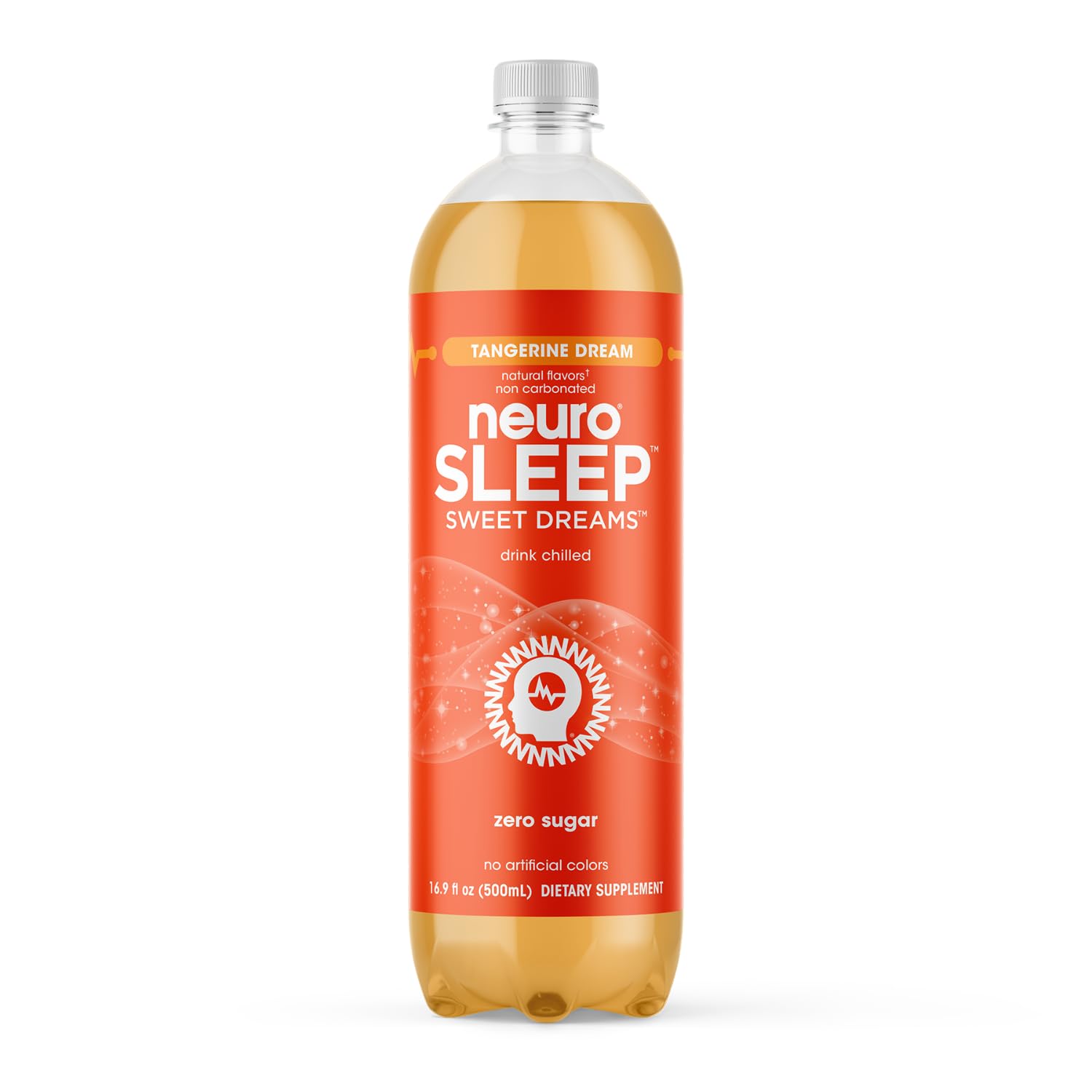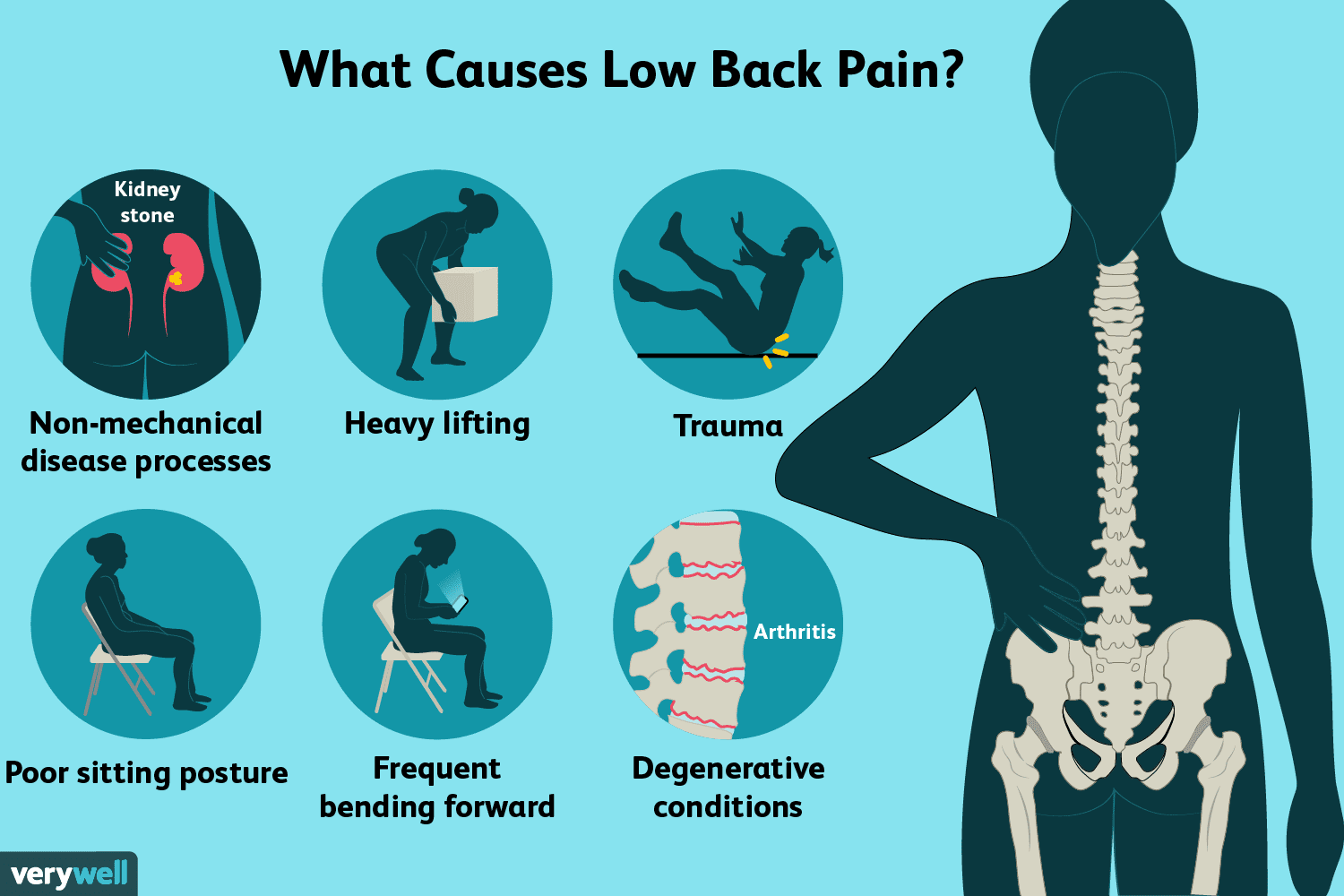Cannabis, commonly referred to as marijuana, refers to the dried flowers, seeds, stems, and leaves from the cannabis plant. Cannabis has been used by humans for thousands of years, cultivated for the plant’s fibers as well as for oil, food, and its medicinal qualities.
Today, an estimated 14.5% of people in the United States use cannabis products for a variety of purposes. Although research into the benefits of cannabis for sleep has shown mixed results, many people report using cannabis as a sleep aid.
Does Cannabis Help With Sleep?
Research has shown that cannabis may improve sleep quality by helping people fall asleep faster and wake up less often at night. However, the benefits of cannabis for sleep depend on several factors, including the type of cannabis product used.
Additionally, research into the effects of cannabis on sleep is often conducted with people who have other health problems. This makes it difficult to know whether cannabis promotes sleep directly, or if it benefits sleep by reducing the effects of other health conditions.
Experts suspect that cannabis may help with certain health conditions because of the effects of cannabinoids on the body’s central nervous system and immune system. Cannabinoids are chemicals contained within the cannabis plant that affect the human body. Two commonly studied cannabinoids are THC and CBD.
Not everyone taking cannabis for sleep experiences the same benefits. High doses of THC and withdrawal from chronic cannabis use may actually increase sleep problems.
Cannabis for Sleep Disorders
Although research into the uses of cannabis to treat sleep problems is limited, cannabis holds promise for the treatment of sleep disorders.
- Insomnia: Insomnia is one of the most common reasons people ask their doctors about cannabis. While many people report that cannabis is effective at reducing insomnia symptoms, results in research have been mixed.
- Restless leg syndrome: There is little evidence of the benefits of cannabis in managing restless leg syndrome. Researchers continue to believe that cannabis holds promise in treating this sleep disorder, as some people have reported a significant improvement in their symptoms after using cannabis.
- Obstructive sleep apnea: Researchers have suggested that cannabis has the potential to benefit people with obstructive sleep apnea (OSA). However, experts have cautioned against the use of cannabis to treat OSA. This is because, at this time, there is a lack of evidence showing that cannabis is safe and effective for people with OSA.
Cannabinoids are also being studied for their potential benefits in people with other sleep disorders, including REM sleep disorder behavior and narcolepsy.
Cannabis for Other Health Conditions
Cannabis products may also be used in the treatment of other health conditions, including:
- Epilepsy
- Nausea and vomiting caused by cancer treatment
- Unintentional weight loss
- Chronic pain
- Multiple sclerosis
While research supporting the use of cannabis for medical conditions is still early, the U.S. Food and Drug Administration (FDA) has approved multiple drugs that contain cannabinoids for some of these health conditions.
How Does Cannabis Affect Sleep?
Experts theorize that cannabis may promote sleep by inducing a hypnotic, calm state. The way in which cannabis affects sleep may also depend on the type of cannabis product used. This is due to differences in how individual cannabinoids, such as THC and CBD, affect the body.
THC often causes a person to feel intoxicated, content, and relaxed. At smaller doses, THC has calming and sleep-inducing properties, while larger doses may cause a person to feel more alert or anxious.
CBD may have a calming effect on the body’s central nervous system. CBD has shown potential for reducing pain, inflammation, and anxiety. Studies on the effects of CBD on sleep are limited. While many people report that CBD helps them sleep, some research suggests that CBD may actually increase alertness, especially at lower doses.
There’s also research indicating that cannabis use might be harmful for sleep, especially when used habitually. People who use cannabis are more likely to sleep less than six hours per night, and they’re also more likely to sleep more than nine hours per night, compared with people who don’t use cannabis.
However, it’s not clear whether cannabis directly causes under- or oversleeping, or if this association exists because people who already have sleep issues are more likely to use cannabis.
Is Cannabis Safe?
Current evidence suggests that short-term use of cannabis may be safe, but researchers know less about long-term risks and benefits. Another concern is that cannabis is not legal federally and is still not legal in many states.
Cannabis can cause short-term physical effects in the body, such as dry mouth, increased heart rate, dizziness, and paranoia.
Cannabis may be addictive and may interact with certain medications. Consistent or long-term use of cannabis has been associated with several potential risks, including:
- Depression
- Anxiety
- Weight gain
Experts suggest that cannabis use may be of particular concern for young people as their brains are still developing. Regular exposure to cannabis in adolescents may affect things like memory and impulse control.
Additionally, people who are pregnant or nursing should avoid using cannabis products that contain THC or CBD. Both cannabinoids may affect the healthy development of a fetus and can be passed from the parent to child through breastmilk.
Best Cannabis Strain for Sleep
Cannabis is often classified based on the plant’s species and strain. Cannabis species include indica, sativa, or a hybrid of both. Within each species of cannabis there are a wide variety of strains, each with a unique profile of cannabinoids and other chemicals that lead to different effects in the body.
In general, people prefer indica strains to help with sleep. Little research has been conducted on the best strain for sleep, though a small study found several preferred strains. Out of the strains studied, those preferred by participants for sleep include:
- Lemon sour diesel
- OG shark
- Skywalker OG
- Pink kush
- Jack herer
- White widow
- Afghani
How to Use Cannabis for Sleep
When using cannabis products to help with sleep, people often use them before going to bed. It’s best to work with a professional when figuring out how much of a cannabis product to take, as there are no standard doses for sleep and the concentration of cannabinoids varies based on the way cannabis is taken.
Cannabis products can be smoked, vaped, eaten as edibles, taken orally, used in a topical cream or lotion, or taken through other methods. The type of cannabis product and how it is taken affects how long it takes for the effects to begin and how long the reaction lasts.
Smoking is the most common way to use cannabis, although vaping is becoming more popular. When given medically, cannabinoids are often taken as a pill or in a liquid form such as a tincture or oral spray.
While cannabis has been linked to improvements in sleep, more research is needed to understand its long-term effects on sleep and any risks of long-term use. It’s important to talk with a health care provider if you are having trouble sleeping, as cannabis should not be a substitute for seeing a doctor.
References
+ 23 Sources
- Accessed on November 2, 2022. https://www.cdc.gov/marijuana/health-effects/index.html
- Accessed on November 2, 2022. https://www.uptodate.com/contents/cannabis-use-epidemiology-pharmacology-comorbidities-and-adverse-effects
- Accessed on November 2, 2022. https://pubmed.ncbi.nlm.nih.gov/35611178/
- Accessed on November 2, 2022. https://pubmed.ncbi.nlm.nih.gov/33580483/
- Accessed on November 2, 2022. https://pubmed.ncbi.nlm.nih.gov/26151582/
- Accessed on November 2, 2022. https://www.nccih.nih.gov/health/cannabis-marijuana-and-cannabinoids-what-you-need-to-know
- Accessed on November 2, 2022. https://pubmed.ncbi.nlm.nih.gov/30624194/
- Accessed on November 2, 2022. https://medlineplus.gov/druginfo/natural/1439.html
- Accessed on November 2, 2022. https://pubmed.ncbi.nlm.nih.gov/35519083/
- Accessed on November 2, 2022. https://pubmed.ncbi.nlm.nih.gov/34704957/
- Accessed on November 2, 2022. https://pubmed.ncbi.nlm.nih.gov/33537945/
- Accessed on November 2, 2022. https://pubmed.ncbi.nlm.nih.gov/28349316/
- Accessed on November 2, 2022. https://pubmed.ncbi.nlm.nih.gov/36093358/
- Accessed on November 2, 2022. https://www.merckmanuals.com/professional/special-subjects/recreational-drugs-and-intoxicants/marijuana-cannabis
- Accessed on November 2, 2022. https://pubmed.ncbi.nlm.nih.gov/35519083/
- Accessed on November 2, 2022. https://pubmed.ncbi.nlm.nih.gov/28707583/
- Accessed on November 2, 2022. https://www.fda.gov/consumers/consumer-updates/what-you-should-know-about-using-cannabis-including-cbd-when-pregnant-or-breastfeeding
- Accessed on November 2, 2022. https://pubmed.ncbi.nlm.nih.gov/33856822/
- Accessed on November 2, 2022. https://pubmed.ncbi.nlm.nih.gov/29797104/
- Accessed on November 2, 2022. https://pubmed.ncbi.nlm.nih.gov/32774241/
- Accessed on November 2, 2022. https://www.uptodate.com/contents/medical-cannabis-drug-information
- Accessed on November 2, 2022. https://www.cdc.gov/marijuana/what-we-know.html
- Accessed on November 11, 2022. https://pubmed.ncbi.nlm.nih.gov/34873024/
Source link
#Cannabis #Sleep #Sleep #Doctor


